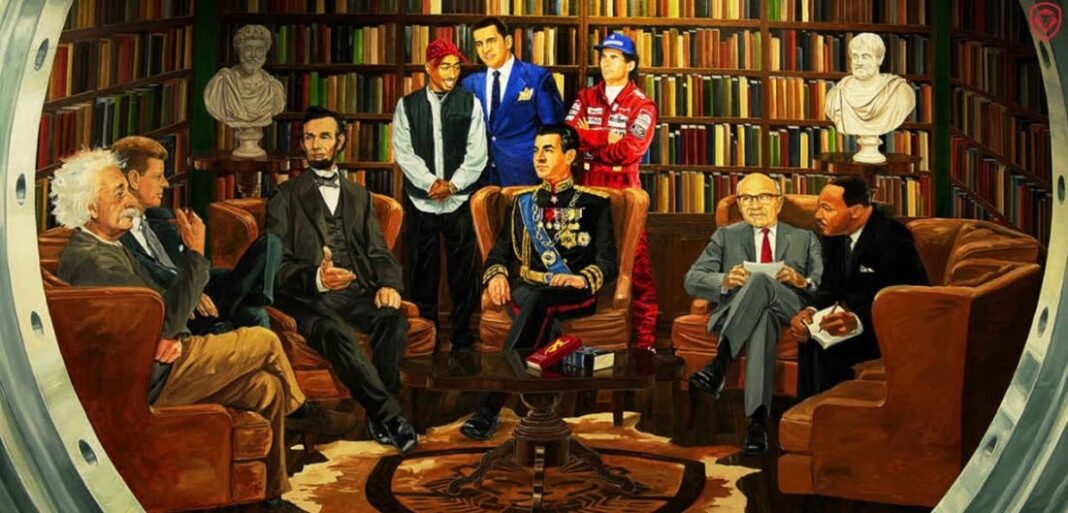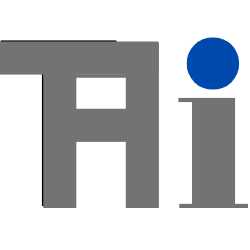In our modern world, it often feels like there are no more heroes. It echoes Nietzsche’s proclamation that “God is dead,” but this time, we’ve killed our heroes. Consider this: whoever you admire, 50% of the world despises. If you like Donald Trump, there’s half the world that not only dislikes him but loathes him. The same applies to Joe Biden, Elon Musk, and virtually any public figure.
The Rise of Tribalism and Its Implications
This situation isn’t just a fleeting cultural trend; it’s a profound shift with significant implications. I want to delve into the rise of tribalism and what it means for us all. Just imagine, whoever you look up to, there’s a vast portion of the population that vehemently opposes them.
The Atlantic: How America Lost Its Mind
Psychology Today: Tribalism Explained
Negativity Bias in the Human Brain
Human brains are wired to elevate negative information over positive, a phenomenon known as negativity bias. As Al Nation, one of my mentors, pointed out: if you give a public speech and receive a standing ovation from the crowd, but one person boos at the end, guess what everyone remembers? It’s the boo. This bias extends to social media and public perception, where negative comments can overshadow a plethora of positive ones.
I recently experienced this when trying to book an Airbnb. Despite 30 glowing reviews, one negative comment about cleanliness almost deterred me. This illustrates how our brains focus disproportionately on negative feedback.
Psychology Today: Negativity Bias
Harvard Business Review: How to Overcome Our Biases? Walk Boldly Toward Them
Dynamics Leading to the Death of Heroes
Three main dynamics contribute to the decline of heroes in our society:
- The Rise of Introverts on the Internet: Extroverts are generally more social and spend less time on social media. Introverts, on the other hand, dominate these platforms, shaping much of the discourse with their perspectives.
- The Prevalence of Dark Triad Traits: Traits like narcissism, Machiavellianism, and psychopathy are becoming more vocal. These individuals, often feeling marginalized, are the ones most likely to tear down public figures, our modern-day heroes.
- The Proliferation of Media Sources: Gone are the days when a few media outlets controlled the narrative. Now, countless voices on platforms like Twitter, YouTube, and Instagram influence public opinion, often skewing it towards the negative.

The Impact of Tribalism and Negativity
These dynamics create a world that is more pessimistic and nihilistic. Even global leaders like Vladimir Putin are polarizing figures, loved and hated depending on where you are. This division is exacerbated by negativity bias and the sheer number of media sources available.
Navigating Social Media and Finding Heroes
Given this landscape, it’s crucial to manage our social media consumption. Endless scrolling can scramble your brain. Humans need heroes, and without them, we risk becoming nihilistic. Even historical figures are not immune to this negativity. For example, a popular social media account is dedicated to roasting historical figures, including Mother Teresa, questioning her legacy and contributions.
Pew Research Center: Social Media and Political Polarization
The Guardian: The Science of Why People Love to Get Angry on the Internet
BBC: The Rise and Fall of Celebrity Culture
The Conversation: Why Do We Care So Much About Celebrity Gossip?
The Psychological and Social Consequences
This relentless scrutiny leads to a race to the bottom, where we end up with nobody to admire. Humans are tribal by nature, as highlighted by anthropologist Robin Dunbar, who noted that we evolved to live in groups of around 150 people. Historically, each tribe had its local hero, someone to look up to. Today, global scrutiny can destroy even the most revered figures.
Solutions and Reflections
The solution? Limit your exposure to negative social media. Train your algorithms to show more positive content, like animal videos or harmless pranks. It’s essential for our mental health to have someone to admire, even if they are flawed. All heroes have their imperfections, and that’s okay.
The Rise of Depression and Nihilism
The rise of depression and nihilism in society likely stems from this phenomenon. People feel there’s no one worth looking up to, leading to a lack of direction and purpose. This can manifest in various ways, including the increasing popularity of video games as an escape from reality.
Finding Balance in Admiration and Criticism
In this complex world, it’s important to maintain a balance. It’s okay to stay a bit delusional, to have some heroes despite their flaws. Criticism should be measured and nuanced. As the saying goes, “Drink deeply at the fountain of knowledge, or not at all.” Over-analyzing everything can lead to a destructive cycle of endless negativity.
- Greater Good Science Center: Four Ways to Fight Your Negativity Bias
- Mindful: How to Stop the Negativity Bias
Final Thoughts
To conclude, it’s essential to build and maintain your own tribe, with heroes you admire and a balanced view of criticism. Remember, we are all flawed, and that’s part of being human. Embrace the good in people and acknowledge their imperfections without letting it destroy your perception of them. This way, we can maintain a healthier, more optimistic outlook on life and the world around us.


